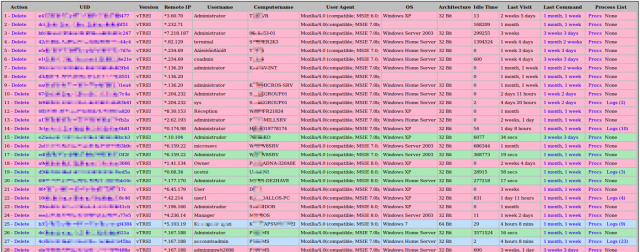Linus Torvalds has officially announced that version 3.7 of the Linux kernel has gone stable, and that means good news for developers who work with ARM-based CPUs: among its other changes, Linux 3.7 is the first Linux kernel to include generic support for multiple ARM CPU architectures, reducing the amount of effort required to get Linux-based operating systems running on phones, tablets, and ARM-licensed developer boards like the Raspberry Pi.
At present, every time a developer wants to port a Linux system to an ARM system-on-a-chip, they have to build a new kernel to support that processor’s particular architecture. Additionally, differences between ARM chips from different companies means that porting that same Linux-based OS to another ARM processor—for example, taking code running on a Samsung SoC and making it run on a Qualcomm SoC—requires another kernel. The work required to maintain these separate kernels for each ARM SoC is a major roadblock for the architecture compared to x86 chips traditionally used in desktops and laptops, and overcoming this issue will be a major step forward for Linux and its forks, including Android.
This work mirrors the effort that Microsoft also exerted for Windows RT, which likewise supports many different ARM architectures with the same kernel.
Read 1 remaining paragraphs | Comments
from Ars Technica


